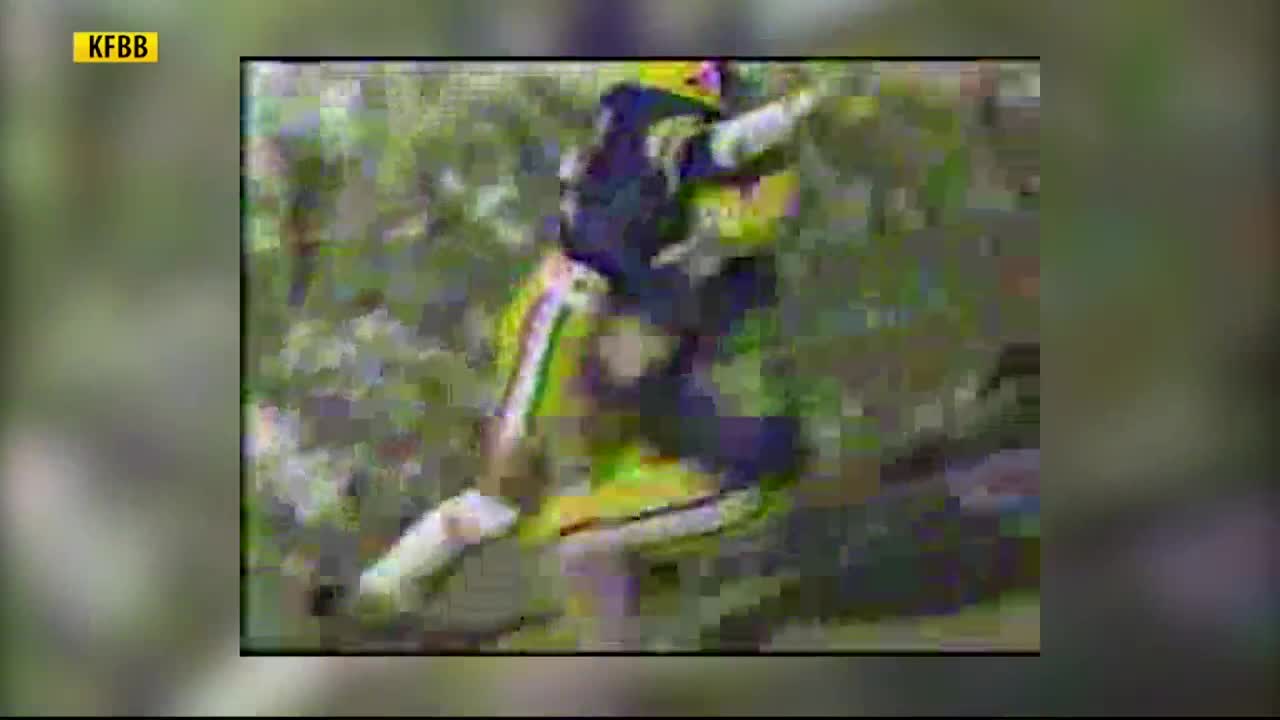PEWAUKEE, Wis. — Kelly Bradley doesn’t remember much from Montana State’s forgettable 1983 football season.
He remembers the Bobcats went 1-10, though, and that that tumultuous season likely led to the 1984 season that saw them run to a 12-2 record and the NCAA Division I-AA (now FCS) national championship.
“Certainly I wouldn’t want to be 1-10 again, but were there lessons learned from being 1-10? I don’t know if we’d been 12-2 and won it if we weren’t 1-10 the year before, to be honest with you,” said Bradley, MSU’s starting quarterback during that magical 1984 season.
That was the last time Montana State had reached the semifinal round of the playoffs until these 2019 Bobcats punched their semifinal ticket last weekend with a 24-10 win over Austin Peay. They won two home playoff games and are now set to face the FCS juggernaut, two-time reigning national champion and top-ranked North Dakota State, which owns a 35-game winning streak and seven of the past eight FCS national titles.
Bradley has lived in Wisconsin, where he’s a CPA, since graduating from Montana State in 1987, so he doesn’t get to watch many MSU games. But he does have some words of wisdom for this plucky group of Bobcats, which might not be so different from those ones in 1984.
“The biggest thing is, have no regrets,” Bradley said. “You’re going to remember the good times. I can’t remember any of the games from 1983, but I can remember every single one of them from ’84. You’ll get over the bad times. … You’ll create memories that are going to last a lifetime, so enjoy it. You won’t appreciate it for a while. I would say, just trust me that you’ll never regret the fact if you leave every single ounce that you’ve got on the field.”
The 1984 season, according to Bradley, was kind of the perfect storm of aspects of success coming together at the right time. Dave Arnold was in his second season as head coach, and he shuffled his staff between the ’83 and ’84 seasons, naming Bill Diedrick offensive coordinator.
Diedrick and the staff implemented more of a West Coast offense, which complemented the Bobcats’ dominant defense, which was returning from the 1983 season.
“It was quite genius of them the way they structured it with the personnel we had and the skill sets of the players we had that it really melded in well, kind of that West Coast, throw-to-set-up-the-run kind of offense,” Bradley said. “We built some momentum, and it started snowballing. You gain confidence, you get a few breaks here and there, and you start believing in yourself, it’s pretty amazing what can happen.”
Fast forward 35 years, and there are certainly some parallels. Like Arnold, MSU coach Jeff Choate is still in the early stages of his tenure, gradually molding the program into his desired identity. He’s shuffled his coaching staff, making tweaks within the past 18 months to elevate Matt Miller to offensive coordinator and bring Kane Ioane back to run the defense.
The offensive philosophies are different, sure — the ’84 Cats passed the ball for 3,672 yards and ran for just 1,249, while the ’19 Cats have passed for 2,377 yards and ran for 3,723 — but the overall premise is the same: make minor adjustments for maximum results.
Miller and Ioane have seemed in lockstep over the second half of this season, and Montana State is reaping the benefits. The Bobcats are playing complementary football with a stout, opportunistic defense and a powerful, creative offense, and they’re doing it now better than they have in more than three decades. That brings about a confidence and a swagger not seen with this program in just as long, which, according to Bradley, is just as important.
“I don’t think you can be successful without (confidence). I don’t know of any team I’ve ever been associated with or know of any team or know of the personnel on it, if there hasn’t been just this intense belief of themselves and the camaraderie — that’s one thing with our team, going through that 1-10 season, it was tough. You talk about circling the wagons and defending each other and having each other’s back and those types of things, it really created that with us,” Bradley said. “We just played loose and free and with a belief in each other. We were really a close-knit group. There was no offense, defense, special teams, and they were all in their little room. … We were friends with each other, we hung out with each other, we teased each other, we kidded each other, we beat up on each other. It was a lot of fun, it really was.”
Bradley looks back fondly on his five years in Bozeman after growing up in a small town in southeastern Minnesota. The temporary move west expanded his horizons and created a lifetime of memories.
More importantly, though, he left Montana State with lasting friendships.
“We may not see each other for three years, and within five minutes of when we’re back together, it’s like we were never apart, which I think just speaks a lot to the bond that we had as a group,” Bradley said. “When they’re your great friends, they’re your great friends. That doesn’t mean you have to see them every day. It’s there, and it will never go away.”
"We were just trading some emails,” he added. “There’s a few guys that are trying to make plans to get to Fargo this weekend. Unfortunately, I can’t do that. We’re planning on a victory, and we’re already starting to make plans for the next game, though. That one I will make work if that happens.”
The next game, if it happens for Montana State, will be Jan. 11, 2020 in Frisco, Texas.




